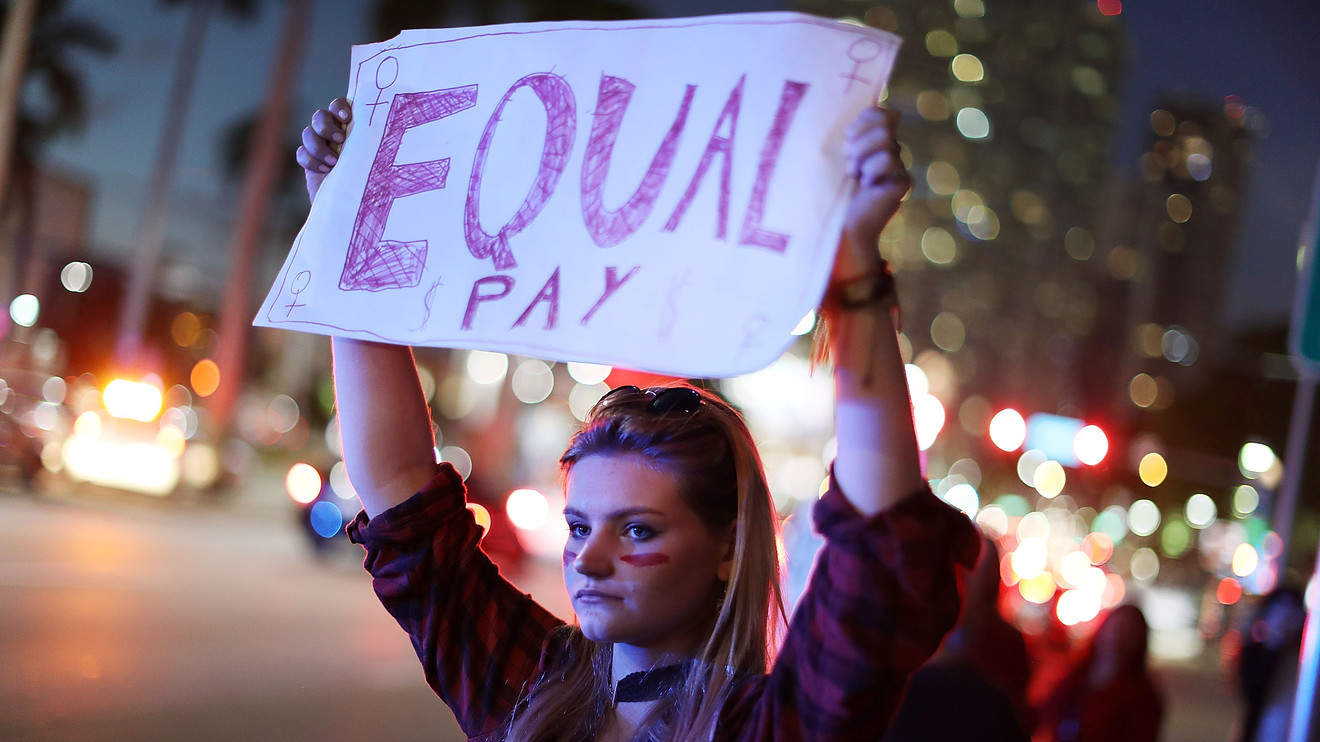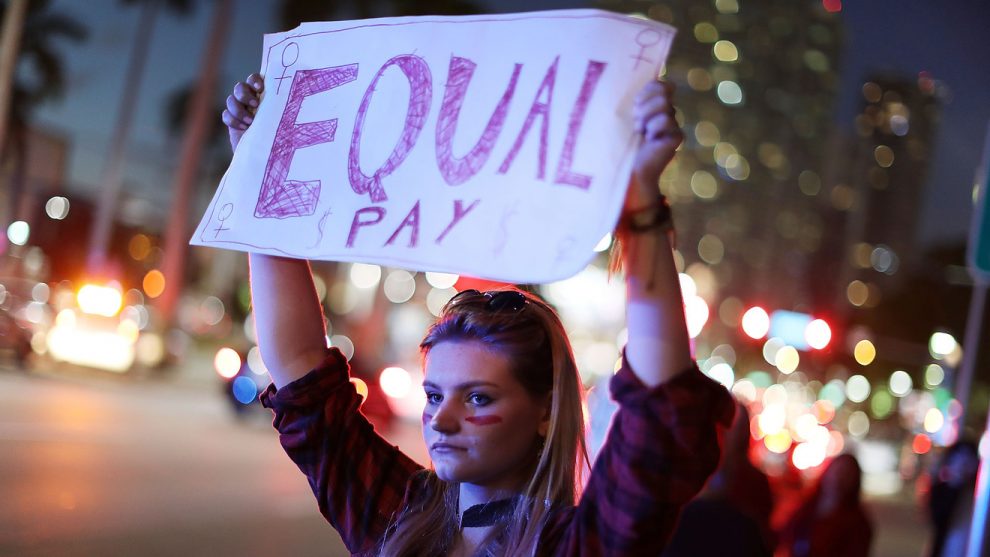
Companies have until the end of September to turn over worker salary information to federal regulators, a judge ruled in a closely-watched case on pay transparency.
Washington D.C. federal judge Tanya Chutkan imposed the deadline Thursday, nearly two months after clearing the way for the U.S. Equal Employment Opportunity Commission to collect wage information from companies with at least 100 employees.
Companies are already required to give the EEOC breakdowns of race, sex and ethnicity in their ranks. This new ruling means they’ll have to also supply the agency with information on how much they paid men and women in 2018 by Sept. 30.
The ruling is connected to the larger issue of pay parity between men and women. Equal pay remains an elusive goal, despite women’s progress in other areas. The average woman makes about 81 cents for every dollar a man does, according to the Bureau of Labor Statistics. Companies from Google GOOG, +0.59% to Disney DIS, +1.58% to Nike NKE, -0.94% have faced allegations recently of failing to pay women fairly. Google has said it works hard to ensure no disparities and even has an annual pay parity review. Likewise, Nike defends its practices, saying it’s “committed to competitive pay and benefits for our employees,” and Disney is calling the challenge “without merit.”
‘At every turn, the Trump administration has acted unlawfully to protect big business over women and American workers. We are grateful for the Court acting to ensure that the data needed to enforce laws against pay discrimination will be collected in a timely manner.’
Robin Thurston, senior counsel at Democracy Forward, representing the plaintiffs, called Chutkan’s decision “a major victory for equal pay.”
She added, “At every turn, the Trump administration has acted unlawfully to protect big business over women and American workers. We are grateful for the Court acting to ensure that the data needed to enforce laws against pay discrimination will be collected in a timely manner.”
But Lawrence Lorber of Seyfarth Shaw, an attorney for business groups urging a lengthier time-frame, had a different take. “This was a harsh ruling and it didn’t really reflect an understanding that it’s employers who are left to collect the data,” he said. “The burden is on the employer.”
An EEOC spokewoman declined to comment.
In early March, Chutkan said the Office of Management and Budget was in the wrong when it put the brakes on the EEOC’s collection efforts in August 2017. The data collection rules were crafted during the Obama Administration, but halted during the Trump Administration.
The federal government hasn’t filed any appeal notice, so the litigation turned to logistics and dueling deadlines on when to provide the salary information.
The plaintiffs, the National Women’s Law Center and the Labor Council for Latin American Advancement, asked Chutkan for an end of September deadline for companies to cough up two years of pay data.
The EEOC proposed the same deadline, but only for one 2018 pay period.
Meanwhile, a slew of professional groups and trade associations — including the U.S. Chamber of Commerce, the National Federation of Independent Business, National Retail Federation and the Society for Human Resource Management — said at least 18 months of preparation time were in order.
“Employers cannot simply ‘flip a switch’ and produce payroll, hours worked, job category, and demographic data that has never been organized or previously produced.”
“Employers cannot simply ‘flip a switch’ and produce payroll, hours worked, job category, and demographic data that has never been organized or previously produced,” they contended in court papers.
The ruling is another twist on efforts to identify and close the pay gap for women and minorities.
Last month, the Paycheck Fairness Act passed the House of Representatives with its majority of Democrats. One of its provisions calls for wage data collection.
The EEOC has previously said it plans some public release of the data. It already does so with certain sector reporting on race and gender.
Get a daily roundup of the top reads in personal finance delivered to your inbox. Subscribe to MarketWatch’s free Personal Finance Daily newsletter. Sign up here.




